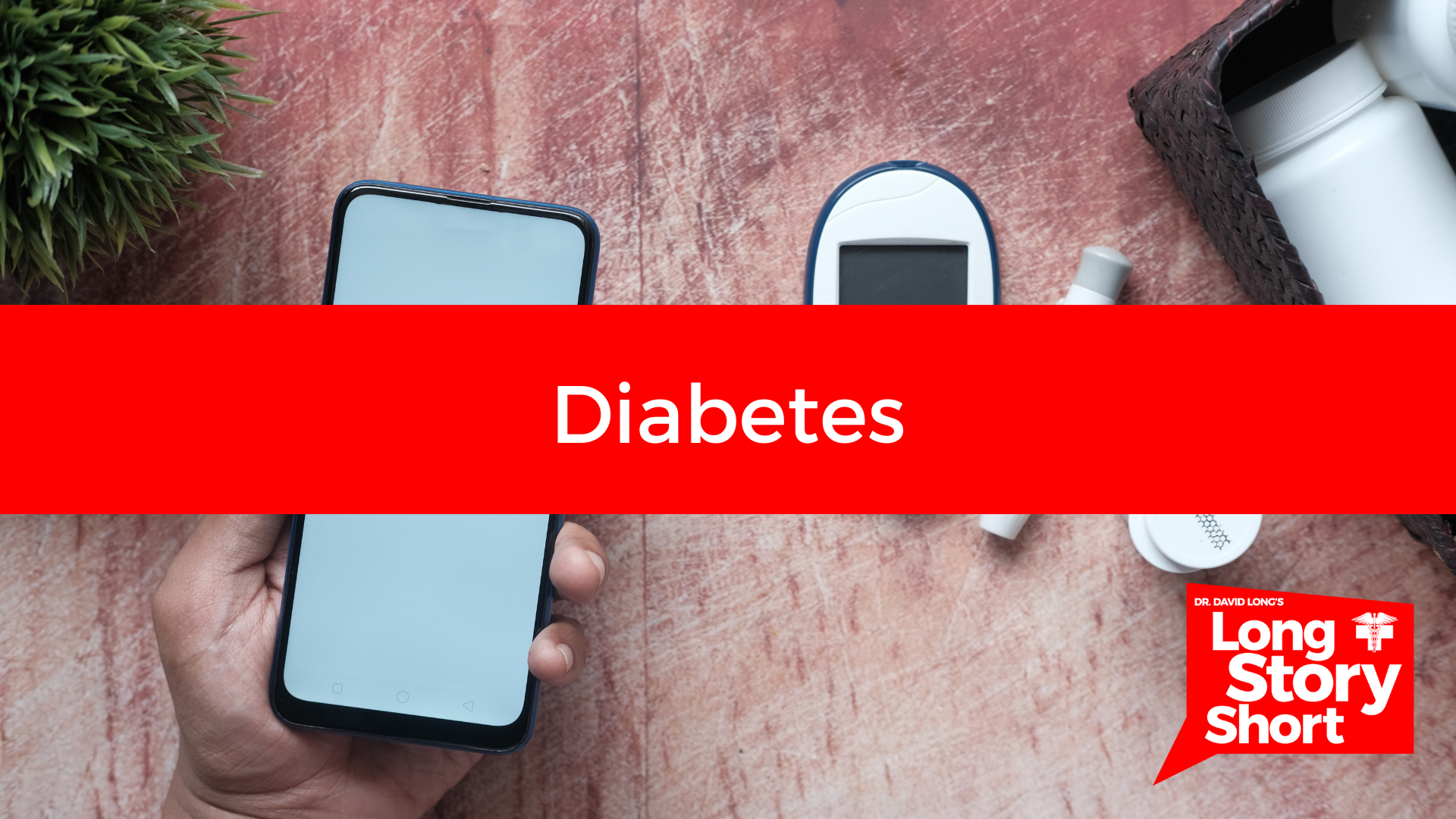Healthy Coping Mechanisms Summary
• Type 1 Diabetes occurs when the body cannot produce enough insulin and is typically diagnosed in children, teens and young adults. Insulin injections are needed for life.
• Type 2 Diabetes occurs when the body doesn’t make enough insulin or can’t use it properly. It’s the most common type, and preventive measures can be taken via healthy lifestyle choices.
• Pre-diabetes is a condition with blood sugar levels higher than normal, but not high enough to be diagnosed with type two diabetes.
• Gestational diabetes develops in some women during pregnancy, requiring careful monitoring and possible medication post-pregnancy (usually temporary).
• Dr. David Long shared 5 tips to manage diabetes: understand medication; choose foods carefully; get regular exercise; monitor blood sugar levels; visit doctor regularly.
Full Text
Diabetes is a serious disease that can have long-term effects if not treated properly. In this video, I’ll explain the four different types and share some simple tips.
Type one diabetes is when your body can’t make insulin. It used to be called juvenile onset diabetes because it’s most often diagnosed in children, teens, or young adults. With type one diabetes, you’ll need to take insulin injections for the rest of your life.
Type two diabetes is when your body doesn’t make enough insulin or can’t properly use the insulin. It makes. Type two diabetes is the most common type, and it can often be prevented or delayed by making healthy lifestyle choices.
Pre-diabetes means that your blood sugar level is higher than normal, but not enough to be diagnosed with type two diabetes. Gestational diabetes develops in some women during pregnancy.
You’ll need to be carefully monitored during pregnancy and may need to take medication after pregnancy. Gestational diabetes usually goes away. Here are some simple tips.
One, understand your medication.
Two, choose your foods carefully.
Three, get regular exercise.
Four. Monitor your blood sugar levels.
Five. Visit your doctor regularly.
I’m Dr. David Long, that was the long story short.





 and then
and then